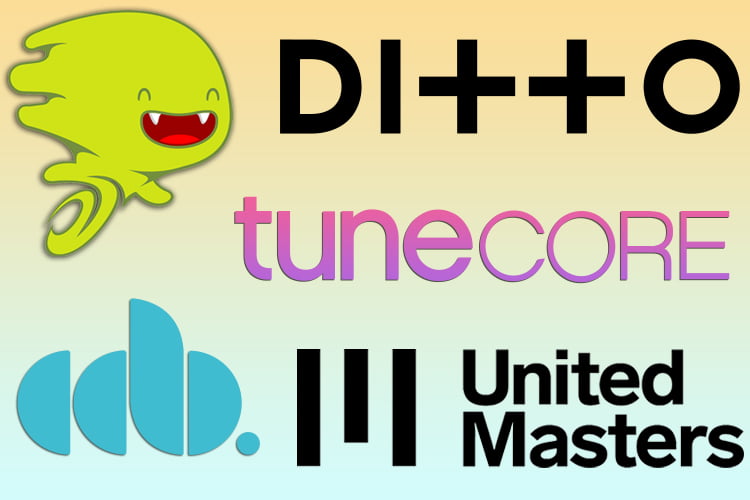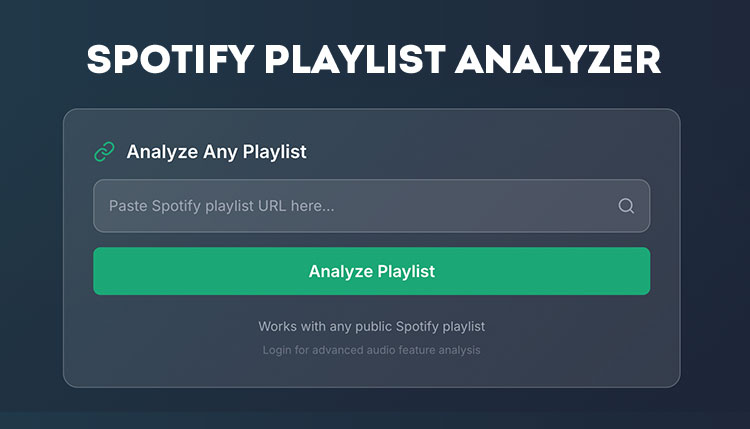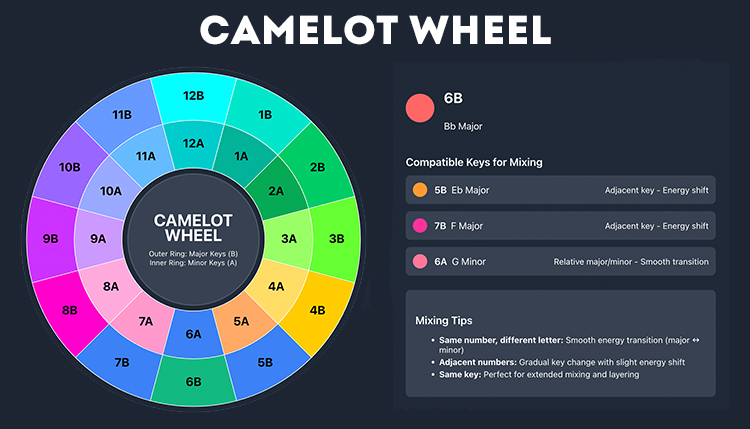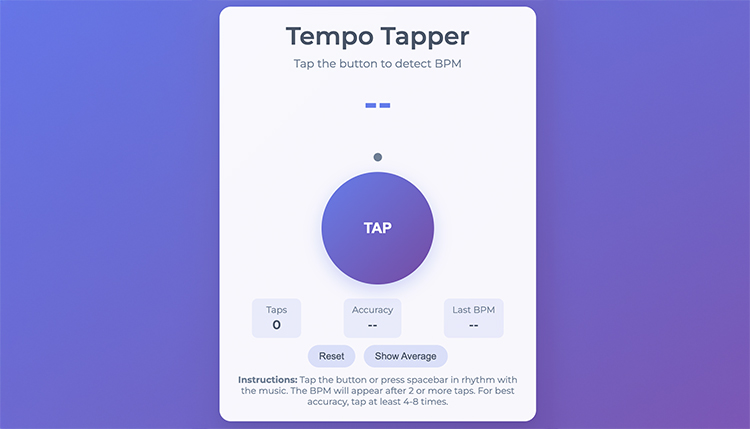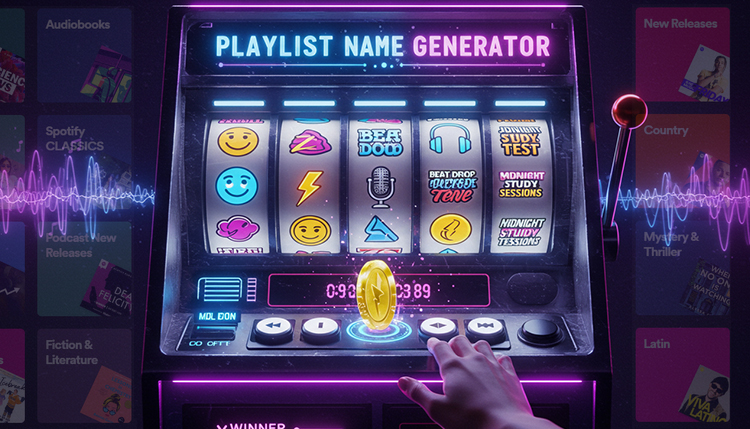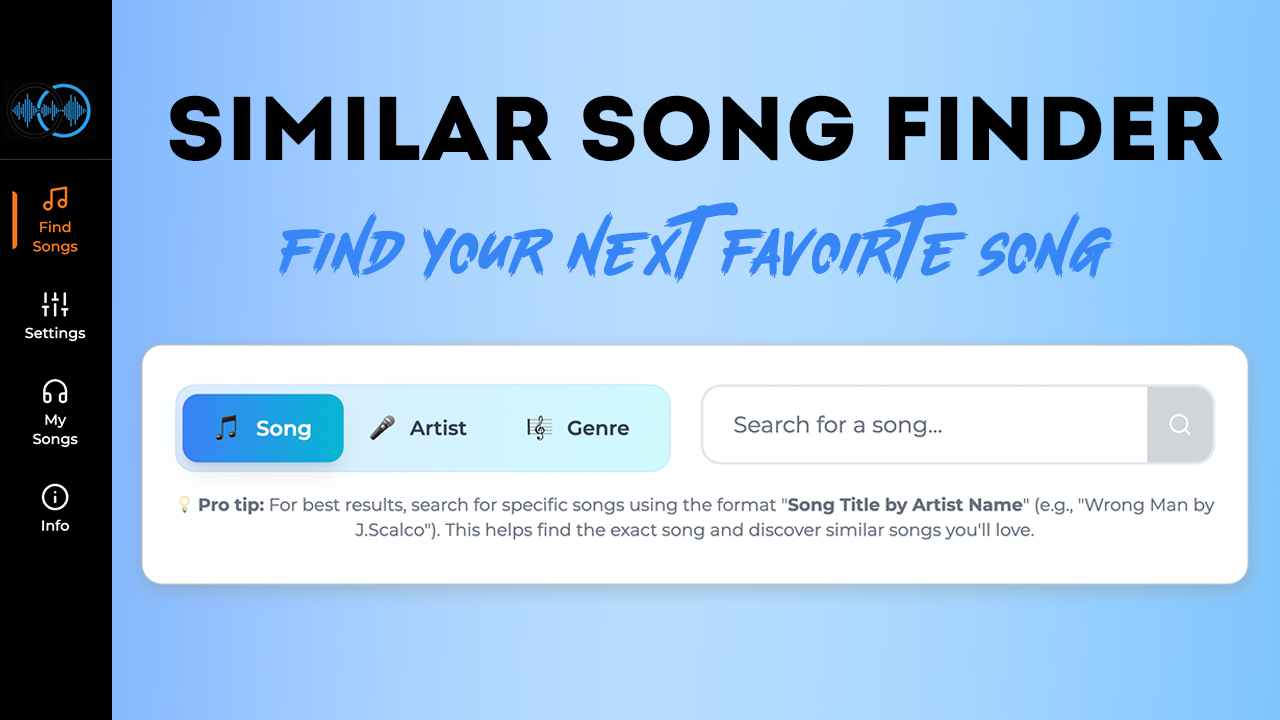Are you an independent artist looking to start your music career and get heard by millions?
You’re in luck! In today’s digital age, music distribution services have revolutionized the way artists share their work with the world.
But with so many options out there, how do you choose the best music distribution service for your needs?
Buckle up, because we’re about to dive into the exciting world of music distribution and help you make an informed decision that could skyrocket your career!
What Is a Music Distribution Service?
Man, I remember when I first started out in music, I was clueless about how to get my tunes out there. I mean, I had these killer tracks (or so I thought) just sitting on my laptop, and I had no idea how to share ’em with the world.
That’s when music distribution services came along and let me tell ya, it was a game-changer!
So, what exactly is a music distribution service? Well, it’s basically your ticket to the big leagues of streaming platforms and digital stores.
These bad boys act as the middleman between us indie artists and the Spotifys and Apple Musics of the world.
They take your music and spread it far and wide, like butter on toast, ya know?
Back in the day, if you wanted to get your music out there, you had to schmooze with record label execs or pray for a miracle.
But now? Digital distribution has leveled the playing field.
It’s crazy how much things have changed! I mean, I used to burn CDs and hand them out at gigs like some kind of musical Santa Claus.
Now, with just a few clicks, your tunes can be available to millions of listeners worldwide.
The purpose of these services is pretty straightforward – they’re here to help us little guys compete with the big fish.
They handle all the techie stuff like encoding your tracks, dealing with metadata, and making sure everything’s up to snuff for the various platforms.
It’s like having your own personal team of tech-savvy roadies!
But it’s not just about getting your music out there. These platforms have evolved to offer so much more. Analytics, royalty collection, and even marketing tools are now part of the package.
It’s like they’re saying, “Here’s everything you need to be a superstar – now go make it happen!”
The evolution of music distribution in the digital age has been mind-blowing. I mean, we went from vinyl to cassettes to CDs, and now? It’s all about those ones and zeros, baby!
Streaming has completely changed the game, and these distribution services have adapted right along with it.
- They’ve made it possible for bedroom producers to compete with major labels
- They’ve opened up global markets that were once out of reach for indie artists
- They’ve provided tools for artists to understand their audience better than ever before
I gotta say, though, it’s not all sunshine and rainbows. This can be an income stream for musicians but with so much music being uploaded every day, it can be tough to stand out.
But that’s where the right distribution service can make all the difference. They can help you navigate the choppy waters of the music industry and give you the best shot at success.
One thing I’ve learned over the years is that not all distribution services are created equal.
Some are great for beginners, while others are better suited for more established artists.
It’s important to do your homework and find the one that fits your needs best.
Trust me, I learned that the hard way after signing up for a service that wasn’t right for me and wasting a bunch of time and money.
In the end, music distribution services are like the unsung heroes of the indie music world.
They’re the ones working behind the scenes to make sure your music reaches the ears of listeners all over the globe.
And in today’s digital age, that’s worth its weight in gold… or should I say, streams?
Top Features to Look for in a Music Distribution Service
Alright, let’s talk about the good stuff – the features that can make or break your experience with a music distribution service.
I’ve been around the block a few times, and lemme tell you, not all services are created equal.
Here’s what you should be keeping an eye out for when you’re shopping around.
Reach
First up, worldwide reach and platform coverage. This is huge, folks.
You want a service that’s gonna get your tunes on all the major platforms – Spotify, Apple Music, Amazon, you name it.
But don’t forget about those regional platforms too! I once missed out on a bunch of streams in Asia because my distributor didn’t cover some popular local services. Lesson learned!
Royalties
Next, pay attention to the royalty collection and payment systems. This is your bread and butter, literally.
You want a service that’s gonna make sure you get paid for every single stream, download, and sync licensing deal.
Some services offer direct payments to your bank account, while others might use PayPal or other methods.
Make sure you’re cool with how they handle the money stuff.
Analytics
Analytics and reporting tools are another biggie. Trust me, you’re gonna want to keep tabs on how your music is performing.
I remember the first time I saw a spike in streams from a playlist inclusion – it was like Christmas morning!
Good analytics can help you understand your audience, track your growth, and make informed decisions about your career.
- Look for detailed streaming data
- Check if they offer audience demographics
- See if they provide playlist tracking
Promotion
Now, let’s talk about marketing and promotion features.
Some distribution services go above and beyond by offering tools to help you get your music noticed.
This could include Spotify playlist curators pitching, social media integration, or even press release services.
I gotta say, having these tools at your fingertips can be a real game-changer, especially when you’re just starting out.
Pricing
Pricing models and release options are something you’ll definitely want to consider.
Some services charge a yearly fee for unlimited releases, while others might charge per release or take a percentage of your royalties.
There’s no one-size-fits-all here – it really depends on your release schedule and budget.
I’ve tried both models, and honestly, they both have their pros and cons.
Pre-Save Campaings
One thing I wish I’d known earlier is to look for services that offer pre-save campaigns.
These can be super helpful in building buzz before your release drops.
It’s like getting a head start in the race for listeners’ attention.
Customer Support
Don’t forget about customer support!
You never know when you might need help with a release or have a question about your royalties.
I’ve been in situations where good customer support saved my butt during a time-sensitive release.
Extras
Lastly, keep an eye out for any additional perks.
Some services offer free ISRC codes, a rate your music app and others might give you access to discounted music production tools.
These little extras can add up and make a big difference in the long run.
Remember, the best service for you might not be the best for everyone. It’s all about finding the right fit for your needs and career goals.
Take your time, do your research, and don’t be afraid to ask questions. Your future music career will thank you for it!
Comparing the Best Music Distribution Services
Alright, buckle up, ’cause we’re about to dive into the nitty-gritty of the best music distribution services out there in 2024.
I’ve had my fair share of experiences with these platforms, so I’ll give you the lowdown on each one.
1. DistroKid
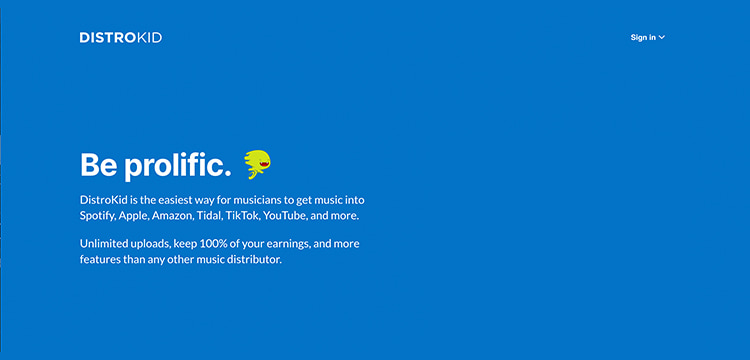
Let’s start with DistroKid. This one’s a fan favorite among indie artists, and for good reason.
I remember when I first signed up – I was blown away by how easy it was to use.
Their unlimited uploads for a flat annual fee is pretty sweet, especially if you’re prolific like me.
One time, I uploaded an EP at 2 AM in my pajamas. Talk about convenience!
However, keep in mind that while it’s great for getting your music out there quickly, you might miss out on some of the more advanced features other services offer.
Check out my full DistroKid review if you want more detailed info on these guys.
2. TuneCore
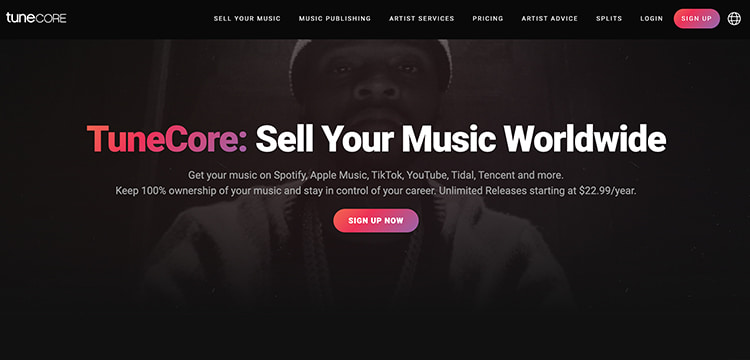
Next up is TuneCore. This one’s for the serious professionals who want all the bells and whistles.
I’ve gotta say, their royalty collection system is top-notch.
The downside? It can be a bit pricier than some other options, especially if you’re releasing a lot of music.
3. CD Baby
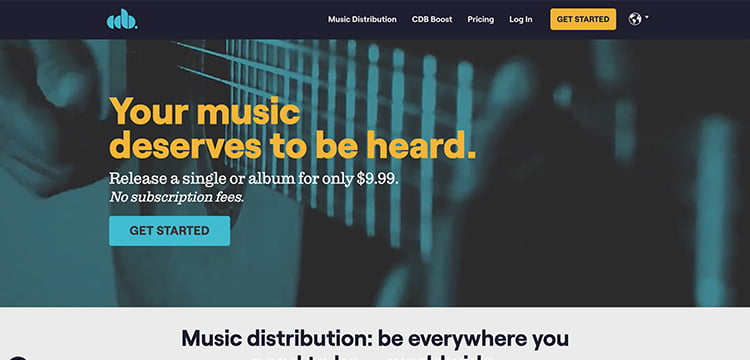
Now, let’s talk about CD Baby. This is your all-in-one solution, folks.
They’ve been around forever (in internet years, at least), and they’ve got a solid reputation.
I love their one-time fee model – pay once and earn forever. It’s great if you’re not planning on releasing music super frequently.
Plus, their sync licensing opportunities are pretty sweet.
I know artists who’ve had a few placements through them that really helped boost thier profile.
4. United Masters
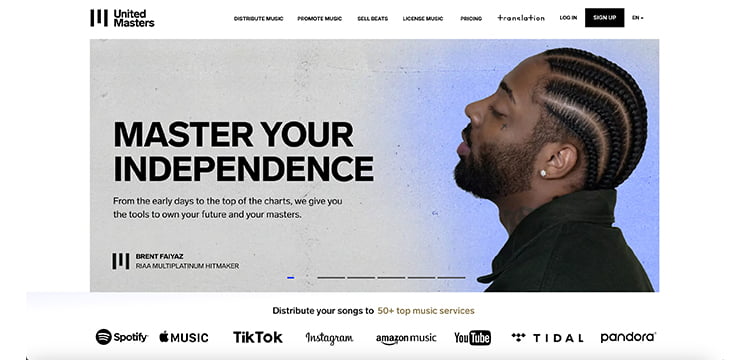
United Masters is the new kid on the block, but don’t let that fool you.
They’re making waves with their artist-friendly approach.
I’ve been really impressed with how they empower artists to keep their rights and earn more from their music.
Their partnership deals with major brands can be a game-changer for exposure.
However, they’re still growing, so some features might not be as developed as the more established players.
5. Ditto Music
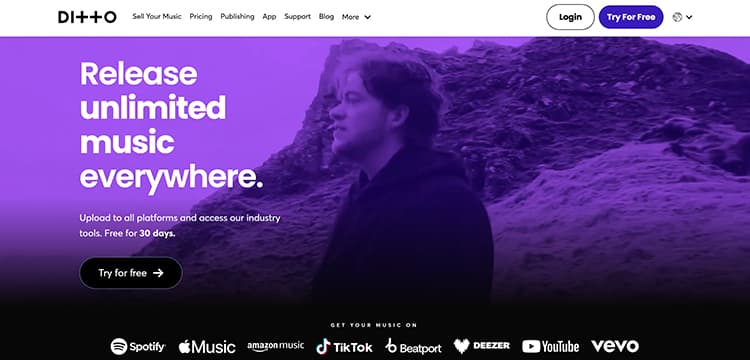
Last but not least, we’ve got Ditto Music. These guys have a global reach that’s hard to beat.
My buddy once had a track blow up in Brazil thanks to their connections there.
Their personal touch is something I really appreciate – it feels less like you’re dealing with a faceless corporation and more like you’ve got a team behind you.
The trade-off is that their pricing structure can be a bit complex, so make sure you understand what you’re signing up for.
Here’s a quick rundown of what each service excels at:
- DistroKid: Fast, unlimited uploads
- TuneCore: Professional-grade services and extensive network
- CD Baby: Reliable, with great sync licensing opportunities
- United Masters: Artist empowerment and brand partnerships
- Ditto Music: Global reach and personalized support
Now, I’ve had my ups and downs with all of these services.
There was this one time I accidentally released a track under the wrong artist name on DistroKid (pro tip: double-check everything before hitting that submit button!).
But their customer support was super helpful in getting it sorted out quickly.
With TuneCore, I love their detailed analytics, but I gotta admit, I sometimes feel overwhelmed by all the data.
It’s like drinking from a firehose, ya know? But if you’re into number-crunching, you’ll be in heaven.
CD Baby’s sync licensing got one of my tracks into a indie film once.
I nearly fell off my chair when I saw the royalty payment for that one!
It wasn’t hollywood money, but it sure felt like it at the time.
United Masters is still relatively new, so there have been a few growing pains.
But their team is super responsive, and they’re always improving based on artist feedback.
It’s cool to feel like you’re part of shaping a service.
With Ditto, I’ve found their label services to be really helpful as I’ve grown my career.
It’s like having a mini record label backing you up. Just be prepared to pay a bit more for those extra services.
At the end of the day, the best service for you depends on where you’re at in your career, how often you release music, and what kind of support you need.
Don’t be afraid to try out a few different ones – most offer free trials or money-back guarantees.
And remember, the music industry is always changing, so what works best today might be different tomorrow.
Stay flexible, keep learning, and most importantly, keep making awesome music!
Pros and Cons of Popular Music Distribution Services
Alright, let’s get down to brass tacks and talk about the pros and cons of these popular music distribution services.
DistroKid Pros and Cons
Let’s kick things off with DistroKid. The big pro here is their unlimited uploads for an annual fee.
It’s like an all-you-can-eat buffet for music releases!
But here’s the rub – that annual fee can be a con if you’re not releasing music regularly.
One year, I only put out two singles, and I felt like I wasn’t getting my money’s worth.
TuneCore Pros and Cons
Moving on to TuneCore. These guys have an extensive network that’s hard to beat.
A friend of mine once had a track unexpectedly blow up in a country he’d never even heard of, all thanks to TuneCore’s reach.
But, and it’s a big but, their costs can add up quick. They charge per release and have annual renewal fees.
CD Baby Pros and Cons
Now, let’s talk about CD Baby. Their one-time fee model is pretty sweet – pay once and earn forever.
It’s great for peace of mind, especially if you’re on a tight budget.
But here’s the catch – they take a percentage of your royalties.
It’s not huge, but it can sting a bit when you start seeing some real success.
United Masters Pros and Cons
United Masters is shaking things up with some really artist-friendly terms.
I love how they’re all about empowering artists to keep their rights.
But, they’re still growing, so some of their features aren’t as fully developed as the more established players.
I’ve had a few frustrating moments with their analytics tools, for instance.
Ditto Music Pros and Cons
Last but not least, there’s Ditto Music. Their label services are top-notch if you’re looking to take your career to the next level.
But, and I learned this the hard way, their pricing structure can be a bit complex.
Be careful as you can end up paying for services you didn’t really need because you didn’t read the fine print carefully enough.
Here’s a quick rundown of the main pros and cons:
DistroKid
- Pro: Unlimited uploads for a flat fee
- Con: Annual fee might not be worth it for infrequent releasers
TuneCore
- Pro: Extensive network and professional-grade services
- Con: Higher costs, especially for frequent releasers
CD Baby
- Pro: One-time fee model
- Con: Takes a percentage of royalties
United Masters
- Pro: Artist-friendly terms and brand partnerships
- Con: Some features still in development
Ditto Music
- Pro: Excellent label services and global reach
- Con: Complex pricing structure
At the end of the day, choosing a distribution service is like picking a bandmate.
You want someone reliable, who brings out the best in you, and who you can stand working with for long periods of time.
It might take some trial and error to find the right fit, but when you do, it can really take your music career to the next level.
Just remember, no service is perfect, and what works for one artist might not work for another.
Trust your gut, do your research, and don’t be afraid to switch if something isn’t working out.
Your music deserves the best shot at success!
How to Choose the Right Music Distribution Service for You
Choosing the right music distribution service can feel like trying to find a needle in a haystack, I know.
But don’t worry, I’ve been there, done that, and I’m here to help you navigate these choppy waters.
First things first, you gotta assess your career stage and goals. Are you just starting out, or have you already got a solid fan base?
When I first began, I was all about getting my music out there as quickly and cheaply as possible.
But as I grew, I started looking for services that offered more advanced features.
Think about where you want to be in a year, five years, even ten years down the line.
Your distribution service should be able to grow with you.
Next up, consider your budget and release frequency. This is crucial, folks.
I remember one year when I was feeling super inspired and released a new track every month.
Great for creativity, not so great for my wallet with certain services!
If you’re prolific, look for services with unlimited releases. If you’re more of a “quality over quantity” type, a pay-per-release model might work better for you.
Now, let’s talk about additional services. Some distribution platforms offer extras like publishing administration or sync licensing.
These can be game-changers if you’re looking to maximize your revenue streams.
Sync deals through a distributor can pay more than all your streaming revenue combined that month!
But if you’re just focused on getting your music on Spotify and Apple Music, you might not need all the bells and whistles.
Pro Tip: Read user reviews and seek recommendations from fellow artists.
I can’t stress this enough. I’ve avoided some major headaches by learning from other people’s experiences.
Join some music forums, ask around in Facebook groups, or chat with other artists at gigs.
You’d be surprised how willing people are to share their experiences, good and bad.
Conclusion
Choosing the best music distribution service is a crucial step in your journey as an independent artist.
By carefully considering your needs, budget, and career goals, you can find the perfect platform to share your music with the world.
Remember, the right distribution service is not just about getting your tracks on Spotify or Apple Music – it’s about partnering with a platform that supports your growth, provides valuable insights, and helps you connect with your audience.
So, take the plunge, pick your perfect match, and let your music soar to new heights in 2024 and beyond!

